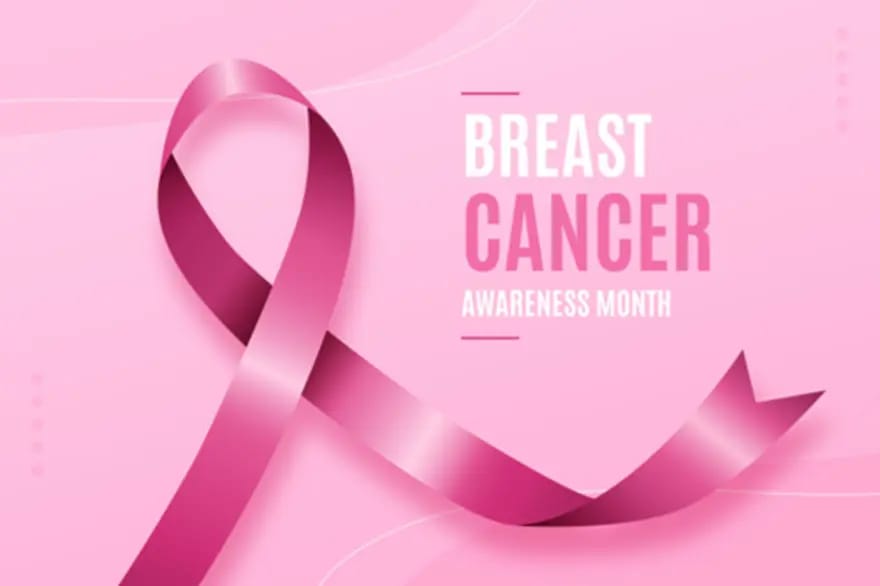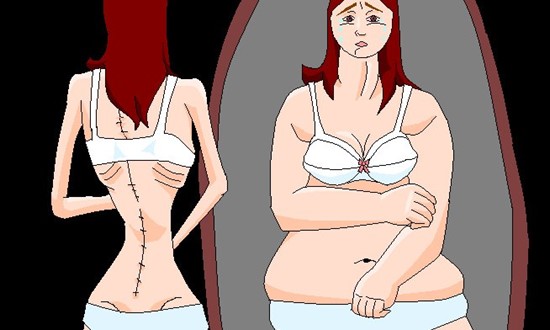Every Story Is Unique, Every Journey Matters

Some days arrive with a strange kind of stillness, the kind that promises to bear something different, maybe a bit interesting. Dawn breaks a little earlier, and the world comes alive with such fervor that it’s obvious we’re preparing to receive something different. Days like this don’t just happen. They unfurl with purpose, and when they’re leaving, they take one or two of your beliefs and pack it up with their luggage.
And here was one of those days.
The hospital meeting room was half filled. It was bright, almost too bright for my eyes to stay open even with my glasses, and the faint tang of disinfectant clung to the air. But what really stood out were the people. In wrappers and gowns and hijabs and skirts, it looked like a meeting had been called with the notice: “As long as you’re a woman, especially if you know what breast cancer feels like.”
They looked so different, from the middle-aged woman sitting quietly at the back with a nylon bag beside her and her wrapper worn thin with time, to the young lady wearing shades even inside, her legs crossed, like she could hide the tremor of her hands with her confidence. But they also looked the same. There was no distinction between rich and poor, old and young, in the fear that swirled in their eyes and the faint exhaustion that hung about them. They were different, but united in what had brought them to this too-bright, slightly stuffy meeting room.
A nurse walked to the front, adjusting the microphone. “We’re here today,” she began, “not just to talk about survival, but about support, for every woman, wherever she is, whoever she is.”
Her voice had that steady calm of someone who’s seen too much to pretend. And as she spoke, the women in the room leaned in. Some nodded, some stared at their laps, some just sat still, absorbing.
“This is a space for you to wear your stories proudly. Everyone here has gone through, or is going through, the same journey in one way or another, so feel free to share. We’re here for ourselves and for each other. Let’s reach out.”
But no one was willing to start. It was like even pain could not separate us from our culture. A woman is supposed to bear it all without complaint, without speaking like her sorrows are the heaviest anyone has to bear. Even when they say it’s a safe space, what if it’s a trap? What if someone hears and decides your story isn’t worth sharing, only fit to be locked deep inside?
So their lips were set in thin lines, their eyes carrying the uncertainty of someone who’s borne too much pain to offer it up for judgment. Even the visibly educated ones. Pain really has no respect.
Then, from the back of the room, a shaky voice broke the silence.
“It started with a lump,” the woman said. “I pushed it away as far as I could, until it made itself too big to ignore. I wasn’t pregnant, but I saw milk, and I knew. And that’s how we started. Treatments after treatments, until the only choice was to remove it. I didn’t want to agree. How can a woman live with only one breast? But how selfish would I be to deprive my children of a mother because of my pride? So here I am. Two years into remission. The fear is still there, that it will come back looking different, but I’m grateful for my extra time. So many of us cried together in the ward but never came out.”
Her words hung in the air, heavy and fragile at once. No one moved. Then, slowly, a few women nodded. One reached across the aisle to squeeze her hand. Another began to cry quietly, shoulders shaking, not from pity, but from recognition.
That was how it began, one story breaking the silence, making room for others to breathe.
“Mine isn’t so bad, yet. I didn’t believe it at first. I’m still so young, and it was supposed to be routine. A free mammogram, just to accompany my friend, until it wasn’t. The pain isn’t so bad, but when I remember what’s living inside me, I tremble. But it’s opening my eyes. Now I appreciate every morning I get to wake up, because I know there’s a shadow hanging over me. It’s all up to fate now.”
“My mum wasn’t so lucky,” said a lady whose face looked too young for the sunken eyes she carried. “She didn’t even realize until it was too late. Thought it was just another dull pain. Until the pain got her, an African woman through and through, unable to move. We can’t even afford the painkillers. Surgery is too late now. We’re just making her comfortable. It’s why I’m here…”But she couldn’t finish. Her tears said the rest.
More women spoke. Some slowly, some with the ease of someone who had borne the pain long enough to be comfortable with it. There was laughter and tears, small jokes that lightened the air just enough to make breathing easier.
One woman spoke of faith, another of science, and another of the strength it took to believe in both, and what support and lack of it felt like. No two stories were the same, yet they all reached for the same thing: understanding.
And that’s when it struck me. This was what the 2025 Breast Cancer Awareness Month theme, “Every Story Is Unique, Every Journey Matters” truly meant. Not a slogan, not a campaign line, but a living truth. No story is identical, but every story matters. Compassion must stretch wide enough to hold every woman’s experience, wherever she comes from.
Because sometimes awareness isn’t just about knowing. It’s about listening. About making room for every voice, every loss, every triumph, every woman.
Too often, breast cancer awareness is painted in pink, bright, hopeful, polished. But here, it was raw. It was the quiet courage of women who carried their scars like proof of survival. It was also the grief of those who couldn’t afford early detection, or who realized too late that silence can be deadly.
Awareness isn’t complete until it reaches everyone, the woman in the city who can schedule her screening, and the one in the village who still believes pain is something to bear quietly.
And maybe that’s what this October— Breast Cancer Awareness Month— is really about. Remembering that a woman’s health should not depend on chance or geography, on income or faith. It should depend on care, the kind that meets people where they are. Because every story is unique, and every journey, no matter how uncertain or unfinished, truly matters.
As the women in the room began to pack up, there was no rush to leave. They lingered, hugging, whispering, smiling through tears. For a moment, it felt like the walls had absorbed their stories, and the air itself had learned to be gentle.
When I stepped out, the afternoon light was soft. The world hadn’t changed, not yet, but maybe, just maybe, we had.




